Intro
Discover the differences between Magnesium Glycinate and Magnesium Oxide, including absorption rates, benefits, and side effects, to choose the best magnesium supplement for relaxation, sleep, and digestive health.
The importance of magnesium in our bodies cannot be overstated. It is a crucial mineral that plays a significant role in over 300 biochemical reactions, including muscle and nerve function, blood glucose control, and blood pressure regulation. However, many people are magnesium deficient, which can lead to a range of health problems. To combat this, magnesium supplements have become increasingly popular. Two of the most common forms of magnesium supplements are Magnesium Glycinate and Magnesium Oxide. In this article, we will delve into the differences between these two forms of magnesium and explore their benefits, working mechanisms, and potential side effects.
Magnesium deficiency can manifest in various ways, including muscle cramps, fatigue, and insomnia. It can also contribute to more severe health problems, such as osteoporosis, diabetes, and cardiovascular disease. With the rising awareness of the importance of magnesium, the demand for magnesium supplements has grown significantly. As a result, various forms of magnesium supplements have emerged, each with its unique characteristics and benefits. Magnesium Glycinate and Magnesium Oxide are two of the most popular forms of magnesium supplements, but they differ significantly in terms of their absorption rates, bioavailability, and potential side effects.
The differences between Magnesium Glycinate and Magnesium Oxide are rooted in their chemical composition and how they interact with the body. Magnesium Glycinate is a highly bioavailable form of magnesium, which means it is easily absorbed by the body. It is also less likely to cause gastrointestinal side effects, such as diarrhea and stomach cramps, which are common with other forms of magnesium supplements. On the other hand, Magnesium Oxide is a more common and less expensive form of magnesium supplement. However, it has a lower absorption rate and is more likely to cause gastrointestinal side effects.
Magnesium Glycinate Benefits
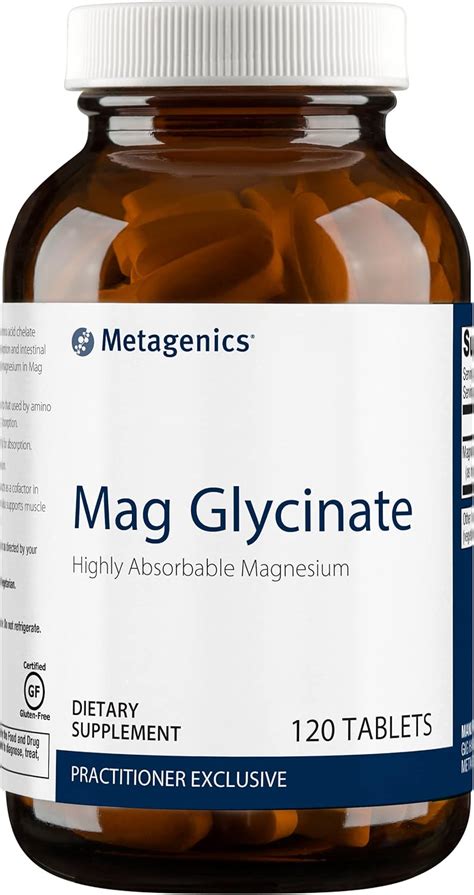
How Magnesium Glycinate Works
Magnesium Glycinate works by binding to the magnesium ion, which allows it to be easily absorbed by the body. This binding process also helps to reduce the risk of gastrointestinal side effects, such as diarrhea and stomach cramps. Once absorbed, Magnesium Glycinate can help regulate various bodily functions, including muscle and nerve function, blood glucose control, and blood pressure regulation.Magnesium Oxide Benefits
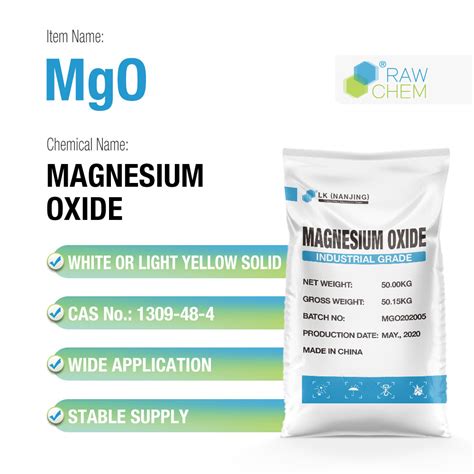
Magnesium Oxide Side Effects
While Magnesium Oxide can be an effective form of magnesium supplement, it can also cause several side effects, including: * Gastrointestinal upset: Magnesium Oxide can cause diarrhea, stomach cramps, and nausea. * Interactions with medications: Magnesium Oxide can interact with certain medications, such as blood thinners and antibiotics. * Overdose risk: Taking high doses of Magnesium Oxide can lead to an overdose, which can cause serious health problems, including respiratory depression and cardiac arrest.Comparison of Magnesium Glycinate and Magnesium Oxide
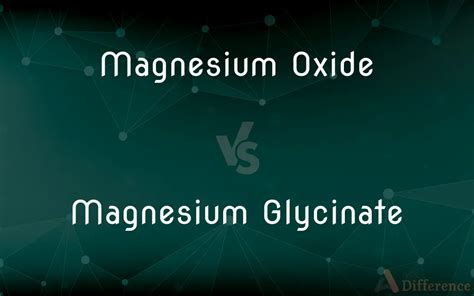
Choosing the Right Form of Magnesium Supplement
When choosing a magnesium supplement, it's essential to consider your individual needs and health status. If you're looking for a highly bioavailable form of magnesium that is less likely to cause gastrointestinal side effects, Magnesium Glycinate may be the better choice. On the other hand, if you're looking for a more affordable option that can help relieve constipation and heartburn, Magnesium Oxide may be the better choice.Magnesium Glycinate and Magnesium Oxide for Specific Health Conditions
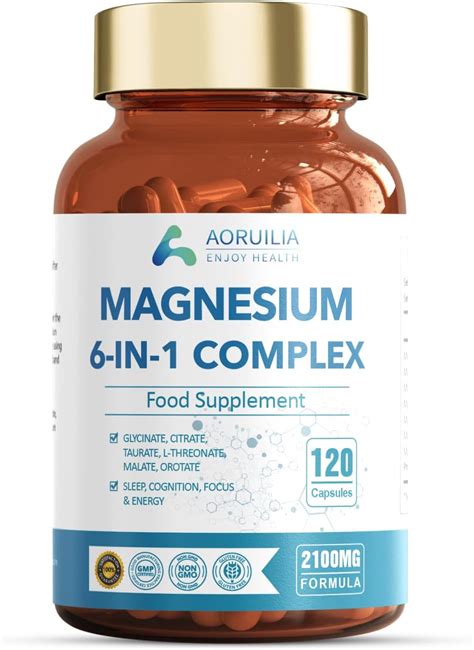
Practical Tips for Taking Magnesium Supplements
Here are some practical tips for taking magnesium supplements: * Start with a low dose: Begin with a low dose of magnesium supplement and gradually increase as needed. * Take with food: Take magnesium supplements with food to reduce the risk of gastrointestinal side effects. * Choose the right form: Choose the right form of magnesium supplement based on your individual needs and health status. * Consult with a healthcare professional: Consult with a healthcare professional before taking magnesium supplements, especially if you have any underlying health conditions or are taking medications.Conclusion and Final Thoughts
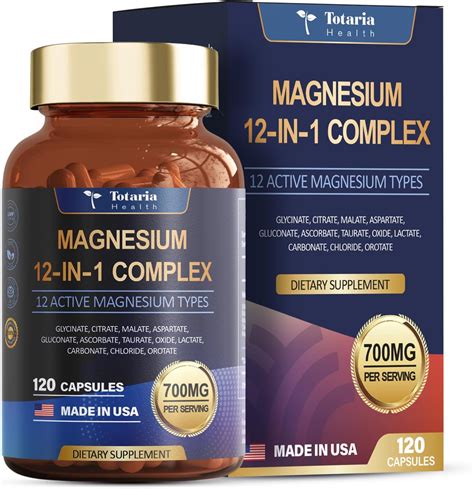
We invite you to share your thoughts and experiences with magnesium supplements in the comments section below. Have you tried Magnesium Glycinate or Magnesium Oxide? What benefits or side effects have you experienced? Your feedback can help others make informed decisions about their health and wellness.
What is the recommended daily intake of magnesium?
+The recommended daily intake of magnesium varies by age and sex, but the average adult needs around 400-420 mg per day.
Can I take magnesium supplements with other medications?
+It's essential to consult with a healthcare professional before taking magnesium supplements with other medications, as they can interact with certain medications, such as blood thinners and antibiotics.
What are the symptoms of magnesium deficiency?
+The symptoms of magnesium deficiency can include muscle cramps, fatigue, insomnia, and weakness. If left untreated, magnesium deficiency can lead to more severe health problems, such as osteoporosis, diabetes, and cardiovascular disease.
Can I get enough magnesium from food sources alone?
+While it's possible to get some magnesium from food sources, such as dark leafy greens, nuts, and seeds, many people may not get enough magnesium from their diet alone. Magnesium supplements can help fill the gap and ensure adequate magnesium levels.
Are there any potential side effects of taking magnesium supplements?
+Yes, taking magnesium supplements can cause gastrointestinal side effects, such as diarrhea, stomach cramps, and nausea. It's essential to start with a low dose and gradually increase as needed to minimize the risk of side effects.
